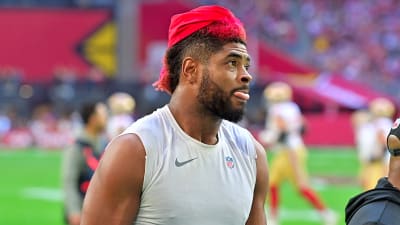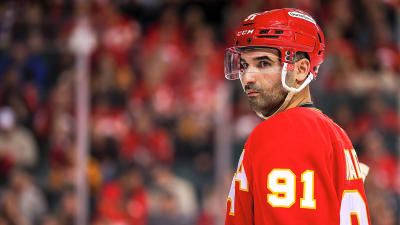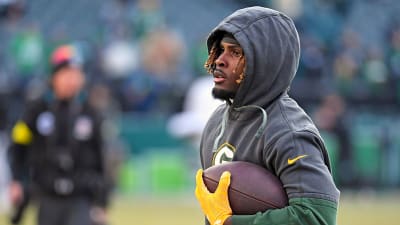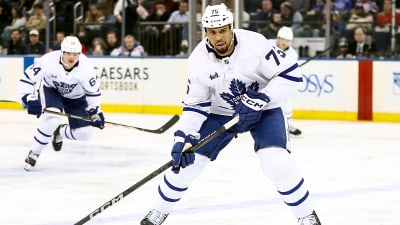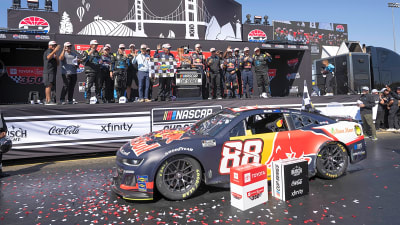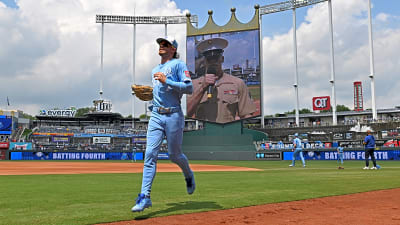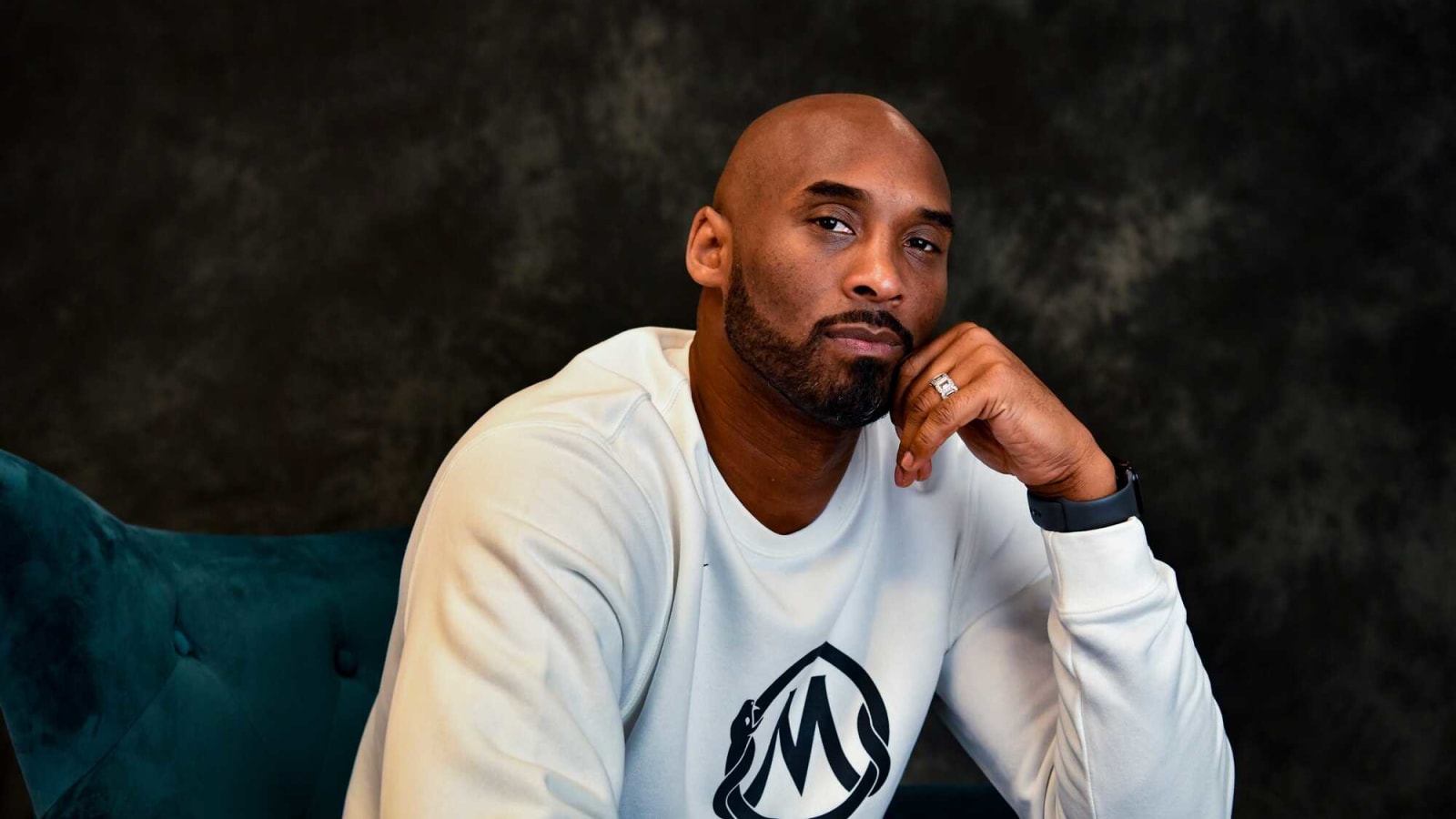
Tim Grover, the legendary trainer who worked closely with both Michael Jordan and Kobe Bryant, recently appeared on an episode of the Pick Money Podcast, where he shared fascinating insights into the key differences between the two basketball icons.
While their work ethic, intensity, and obsession with greatness made them incredibly similar, Grover highlighted a critical difference in their mindset and approach to training.
"They were very much alike. I would say the biggest difference between the two is, you know, everyone knows about the similarities, but the difference is this: Michael didn’t ask any questions. He goes, 'I trust you. But when I do have a question, you better know the effing answer, all right?'"
"And Kobe? Kobe wanted to know every single detail. 'Why are we doing this? How many reps? How many sets? Why are we working on this? Why are you having me eat this?' He wanted to know every single thing that was going on."
"Michael, if he was getting the results, he’d go, 'I know this thing is working.' But Kobe, from a cerebral standpoint, he wanted to know everything. And you know, that made sense because he spoke four different languages fluently, he had the business thing, and this was a kid that did not go to college."
"One of the greatest stories I’ll share about Kobe—and I wasn’t working with him at that time, but you can understand his mentality—is from when he got drafted. I don’t remember, I always forget the exact number of individuals drafted, but I think there were like 29 or 30 players selected in the first round."
"So let’s say there were 30. That means there were 29 draft parties thrown. You know, you get drafted in the first round, everyone wants to throw a little celebration—you made it, so on and so forth."
"The one person who did not have a draft party thrown for him was Kobe. He was 17. He was 17. You know what he did? He went to train. He went and worked out."
According to Grover, one of the biggest differences between Jordan and Bryant was in how they approached learning and training. Jordan's mentality was simple—he believed in delegating responsibility to those he trusted. If Grover gave him a workout, Jordan didn’t need to ask why; he simply trusted the process as long as he was getting results. His focus was purely on execution.
Kobe’s approach was that of a student of the game. He wasn’t just interested in doing the work; he wanted to understand the science behind it. Grover noted that this cerebral approach made sense, considering Kobe’s intellectual curiosity, multilingual abilities, and business acumen. Unlike Jordan, who played three years at North Carolina, Kobe went straight from high school to the NBA and had to educate himself on everything.
Grover also shared a legendary story about Kobe Bryant’s mentality, dating back to the night he was drafted into the NBA in 1996. During the NBA Draft, most first-round picks celebrate their success with parties. Friends, family, and teammates come together to commemorate the moment—it’s a once-in-a-lifetime achievement. But Kobe Bryant wasn’t like the others.
While his peers were celebrating, Kobe was in the gym. This anecdote perfectly encapsulates his legendary work ethic. From day one, Kobe’s only focus was being the best basketball player in the world. Despite these differences, their end goal was the same—to dominate the game and leave an everlasting legacy.
Grover’s insights provide yet another layer of understanding to what made these two legends special. Whether it was Jordan’s unwavering trust in his team or Kobe’s never-ending curiosity, both players found their own ways to achieve greatness.
More must-reads:
- Mavericks center Dereck Lively II reportedly undergoes foot surgery
- Former two-time All-Star seeking NBA comeback
- The 'Most points in a game by NBA team in 2024-25' quiz
Breaking News
Trending News
Customize Your Newsletter
 +
+
Get the latest news and rumors, customized to your favorite sports and teams. Emailed daily. Always free!
